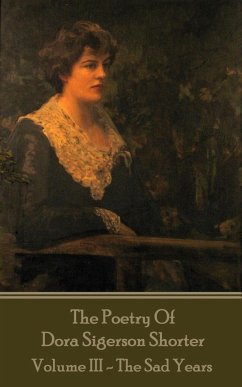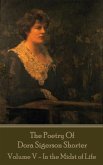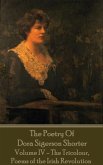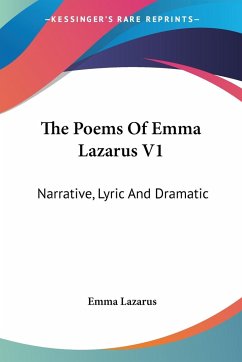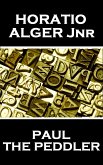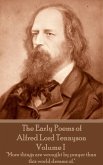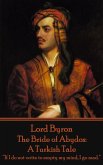Emma Lazarus was born on July 22nd, 1849, in New York City, the fourth of seven children of Moses Lazarus and Esther Nathan, Sephardic Jews whose families, originally from Portugal, had settled in New York during the colonial period. From an early age, she studied American and British literature, as well as the German, French, and Italian languages. Her early writings attracted the attention of Ralph Waldo Emerson. Emma grew to become not only an important poet but also edited many collections of German poems, including Johann Wolfgang von Goethe and Heinrich Heine, some of which we include in these volumes. Among her other writings are a novel and two plays in five acts, 'The Spagnoletto', a tragic verse drama and 'The Dance to Death', a dramatization of a German short story about the burning of Jews in Nordhausen during the Black Death. Her interest in her Jewish ancestry grew markedly after reading George Eliot's 'Daniel Deronda', together with the alarming reports of the Russian pogroms following the assassination of Tsar Alexander II in 1881. As a result of this appalling anti-Semitic violence, thousands of destitute Ashkenazi Jews left Russia for New York, leading Lazarus to write articles on the subject as well as the book 'Songs of a Semite' (1882). She began to help on a more practical level by helping to establish the Hebrew Technical Institute in New York, to provide support, resources and vocational training to help destitute Jewish immigrants become self-supporting. Emma's best known work is "The New Colossus", a sonnet written in 1883; its lines appear on a bronze plaque in the pedestal of the Statue of Liberty placed there in 1903. It was written for and donated to an auction, conducted by the "Art Loan Fund Exhibition in Aid of the Bartholdi Pedestal Fund for the Statue of Liberty" to raise funds to build the pedestal. In the latter part of her second trip to Europe (1885 to 1887), she fell seriously ill, it is thought with Hodgkin's lymphoma, and returned to New York City. Emma Lazarus died two months later on November 19, 1887. She is buried in Beth-Olom Cemetery in Brooklyn. She was an important forerunner of the Zionist movement and argued for the creation of a Jewish homeland thirteen years before Theodor Herzl began to use the term Zionism. Emma was honored by the Office of the Manhattan Borough President in March 2008 and her home on West 10th Street is included in a map of Women's Rights Historic Sites.
Hinweis: Dieser Artikel kann nur an eine deutsche Lieferadresse ausgeliefert werden.
Hinweis: Dieser Artikel kann nur an eine deutsche Lieferadresse ausgeliefert werden.

